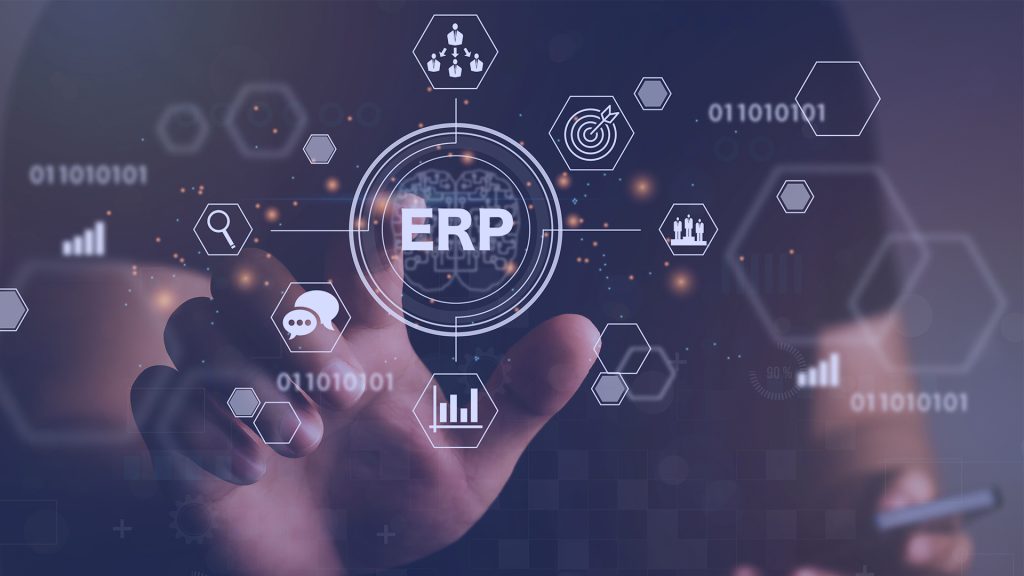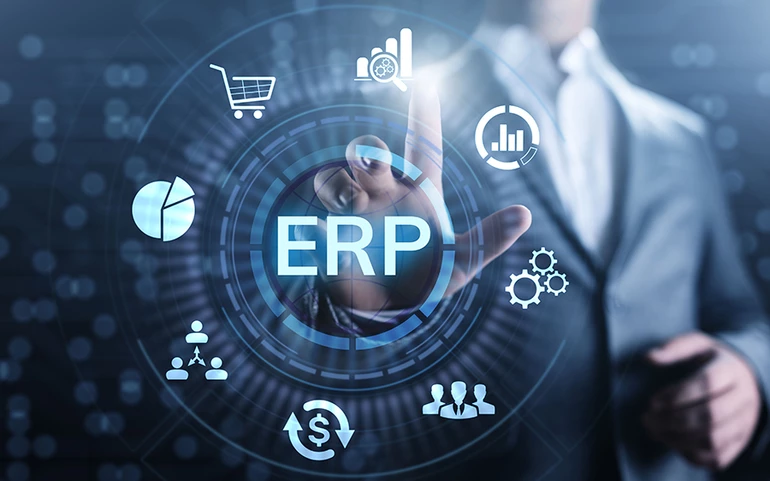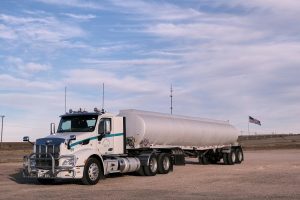
Running a small business can sometimes feel like spinning plates—just when you’ve got one thing sorted, something else wobbles and demands your attention. You’re managing inventory, tracking orders, handling customer requests, paying bills, and keeping employees happy—all while trying to figure out how to grow. Sound familiar?
Here’s the truth: the tools and systems that worked when you started out may not be enough as your business grows. Sure, spreadsheets, emails, and a few apps might have gotten you this far. But as things scale up, cracks start to appear. You’re spending more time fixing mistakes, chasing down information, or juggling too many moving parts.
This is where an ERP system can change everything. ERP stands for Enterprise Resource Planning, but let’s skip the jargon for now. Think of it as a one-stop solution that ties together all your business processes—sales, inventory, payroll, finances, and more—into one easy-to-manage platform. No more hopping between tools or drowning in manual updates.
1. Everything You Need in One Place
Small businesses often start with separate tools for everything: one app for tracking sales, another for accounting, and maybe a spreadsheet for inventory. It works for a while, but eventually, it starts to slow you down. You’re constantly flipping between tabs, updating the same information in different places, and dealing with errors when something doesn’t sync up.
An ERP system puts all your processes sales, orders, inventory, payroll, and more into one platform. Everything works together seamlessly.
Here’s a real-life example:
- A customer places an order. Your inventory updates automatically.
- That same order generates an invoice in your accounting system.
- If stock runs low, the system sends you an alert to reorder before you run out.
Instead of managing everything separately, the ERP system connects the dots for you. It’s like having all the pieces of a puzzle come together to show you the full picture. This not only saves time but also reduces mistakes that can cost you money.
2. Decisions Get Easier When You Have Clear Data
Running a business involves making a lot of decisions, and those decisions get harder when you don’t have clear, up-to-date information. Are sales improving? Which products are performing best? Are expenses starting to creep up?
If you’re working with outdated spreadsheets or scattered tools, it’s hard to know what’s really going on. An ERP system fixes that. It collects all your data in real time and gives you insights you can trust.
For example:
- You’ll know which products are your top sellers and which ones aren’t worth the shelf space.
- You can see where your cash flow is being stretched and cut back unnecessary expenses.
- You can track trends and predict when busy periods will hit so you can plan ahead.
With better data, you can make faster, smarter decisions. No more guessing.
3. Happier Customers = Faster Growth
Scaling a business isn’t just about managing what happens behind the scenes. It’s also about keeping customers happy so they keep coming back. But let’s be honest—when orders start pouring in, it’s easy for things to slip. Deliveries get delayed, stock runs out, or customer inquiries go unanswered.
ERP systems help you stay on top of customer needs, even when things get busy. You can track orders, manage stock levels, and give customers accurate updates—all in one place.
Imagine this:
- A customer calls to ask about their order. Instead of scrambling to find the information, you can check the system and give them an instant update.
- If an item is running low, the ERP alerts you before it’s out of stock. That means fewer disappointed customers.
Happy customers are loyal customers. And when word spreads about your reliability, you’ll naturally attract more business.
4. Saves You Time (and Money)
One of the biggest challenges for small business owners is time. You’re already wearing so many hats—there’s only so much you can do in a day. If you’re stuck handling manual tasks like updating spreadsheets, generating invoices, or tracking stock, you’re wasting precious time.
ERP systems automate those time-consuming tasks. For example:
- Generating invoices is as simple as a click.
- Inventory updates automatically after every sale.
- Payroll processing becomes quick and hassle-free.
Automation not only saves you time but also reduces human errors that can end up costing you money. And when your operations run smoothly, you have more time to focus on big-picture goals—like growing your business.

5. Built to Grow with You
One of the reasons small businesses struggle to scale is because their systems can’t keep up. The processes that worked when you had a handful of customers start to fall apart when your business grows.
ERP systems are designed to grow with you. Need to add more products? Hire more employees? Expand into new markets? No problem. ERP software is flexible and can adapt as your business changes.
Think of it as future-proofing your operations. You won’t need to reinvent the wheel every time you hit a new milestone. Instead, the system grows alongside your business, keeping everything organised and under control.
6. Small Businesses Can Compete with Bigger Players
Here’s the reality: small businesses often have to compete with larger companies that have more resources, bigger teams, and flashier systems. It can feel like an uphill battle.
ERP systems level the playing field. They give small businesses the tools to operate like larger companies—without the massive price tag. You’ll be able to:
- Deliver faster service.
- Manage inventory efficiently.
- Make better financial decisions.
In short, you’ll look and feel like a bigger, more established business. And that’s a huge advantage when you’re competing in crowded markets.
Isn’t ERP Expensive?
A lot of small businesses shy away from ERP systems because they assume it’s too expensive or complicated. But here’s the good news: ERP software has come a long way. Many modern ERP systems are cloud-based, which means they don’t require expensive hardware or IT teams to manage.
You can start small—choosing only the features you need—and expand as your business grows. It’s an investment, yes, but one that pays off quickly. The time and money you save will far outweigh the initial cost.
Final Thoughts
Scaling a small business is no small task. The more you grow, the more you have to manage, and the harder it becomes to keep everything running smoothly. But an ERP system can change that.
It’s not just a fancy tool—it’s a solution that connects all your processes, helps you make smarter decisions, and frees up your time to focus on growth. You’ll avoid the chaos that often comes with scaling up and instead build a business that’s organised, efficient, and ready for success.
So, if you’re tired of juggling too many tools or fixing the same problems over and over, maybe it’s time to think about an ERP system. It could be the key to taking your small business to the next level faster and with fewer headaches.
Growth doesn’t have to be messy. With the right system in place, it can be smooth, strategic, and dare I say exciting.





